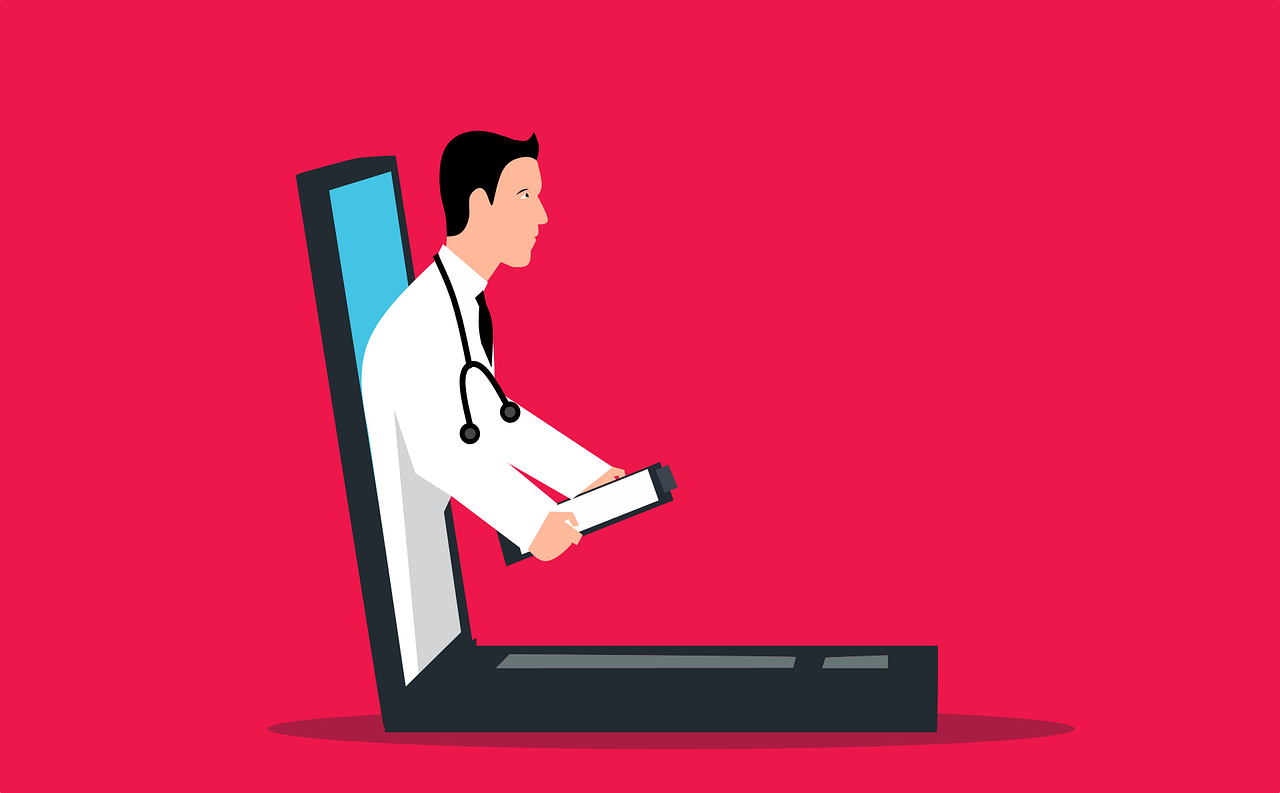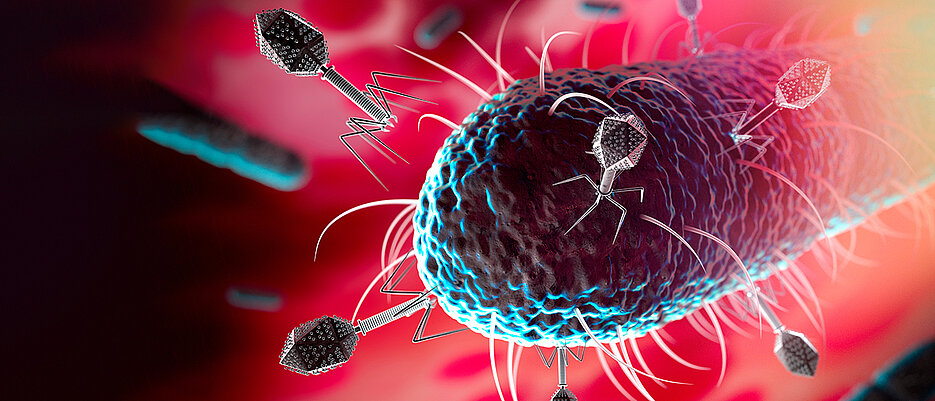Deakin students will soon have more healthy food options on campus, with the University this month installing new health-conscious food and drink vending machines.
The vending machines will follow the Victorian Government Healthy Eating Advisory Service’s Healthy Choices guidelines, which stipulate vending options should include at least 50 per cent healthy items and only 20 per cent unhealthy.
Deakin will move to install 88 healthy vending machines across the University’s four campuses over the coming months.
Campus Services Executive Director Chris Jones said the transition was part of the University’s continuing response to the Deakin Food Charter, which was launched in 2017 based on feedback from students and staff.
“The wellbeing of our staff and students is paramount, and our work through the Deakin Food Charter supports the University community to make informed decisions about what they eat and drink,” Mr Jones said.
“Deakin is dedicated to approaching food environments in a way that is sustainable, informed, healthy, easy and balanced.
“All items in the new vending machines will be categorised and labelled using a traffic light system to support students to make informed decisions – green for the healthiest options, amber for those that should be consumed in moderation, and red for those items that should be limited.
“We haven’t done away with products such as soft drinks, chips and chocolate bars entirely, though they will now be stocked in reduced quantities and given less prominent placing. In addition, we are working to inform our students and provide them with the knowledge to make healthy and appropriate choices.”
The installation of the vending machines forms part of the Nutrition pillar for the Victorian Government’s Achievement Program; an accreditation scheme developed to create healthy workplaces, schools and early childhood services. The Human Resources Division of Deakin has already achieved and received certification for four of the five program pillars: Physical Health, Mental Health, Alcohol and Smoking.
The Deakin Food Charter has also been informed by expert analysis from the University’s health and nutrition researchers, including Institute for Health Transformation Director Professor Anna Peeters.
Professor Peeters said apparently small environmental changes such as changing the amount and placement of certain vending machine products could have significant impacts for promoting positive dietary behaviours.
“Far from an occasional treat, takeaway and junk food now makes up an increasing proportion of the average Australian’s diet,” Professor Peeters said.
“Unhealthy diets are creating a public health crisis in Australia. Every part of our community, including the university sector, needs to be doing their part to make healthy options the simplest and most accessible choice for all Australians.”
According to a recent study from Institute for Physical Activity and Nutrition researcher Dr Sze-Yen Tan, university students are a “high-risk population” for weight gain due to changes in their sleep patterns and eating behaviours.
Dr Tan’s research collaboration, “Weight gain in first-semester university students: Positive sleep and diet practices associated with protective effects”, was published in the October edition of Physiology and Behavior journal with US researchers from Bowling Green State University, Regis University and Michigan State University.
Tracking the sleeping and dietary habits of 60 students over a period of five months, the study found an average weight gain among participants of 2.1kg, with the most significant gains among those whose sleep duration had decreased.
“For university students, alterations in sleep and diet quality are common, and the propensity for weight gain is well established,” Dr Tan said.
“First-year university students are at increased risk of gaining weight over the course of the academic year, including during the first semester.
“Part of the reason for this could be due to a lack of proper sleep – whether because of socialising, overworking or all night study sessions – which in turn causes increased energy intake and makes the body favour the consumption of carbohydrates and fat.
“Reduced sleep duration primes individuals to make unhealthy food choices, with negative consequences on body weight and composition. Appetite hormones are negatively affected, leading people to increased energy intake and hedonic (eating for pleasure) rather than homeostatic (eating for hunger) drivers, with increased sensitivity to the rewarding properties of food.”
Dr Tan said a combination of ongoing diet and sleep education could help mitigate weight gain among university students.
Visit the Deakin website for more information about the Deakin Food Charter and other University health initiatives.








